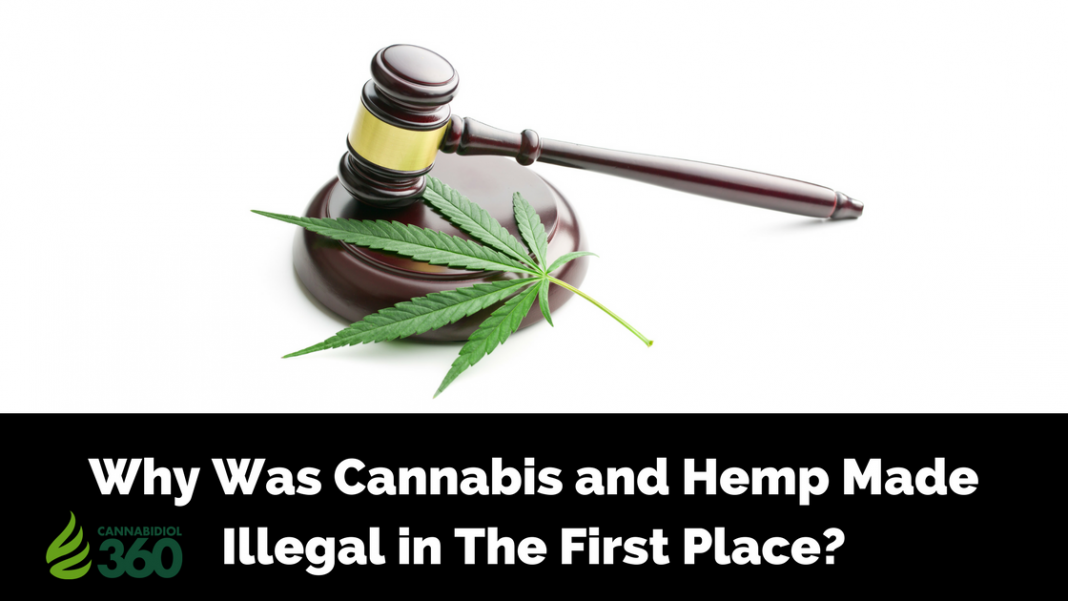
Cannabis was used as medicine and cultivated as a crop for thousands of years. In the early 1900s cannabis was openly sold in the United States legally. In 1937, the Marijuana Tax Act was passed which made the possession and transfer of cannabis, entirely illegal, including hemp.
The Beginning of The Cannabis Industry

Eventually in 1996 the Compassionate Use Act was passed in California. This legislation allowed Physicians to prescribe cannabis to patients with specific illnesses.
Following this, the next major development came in 1998, GW Pharmaceuticals co-founder Dr. Geoffrey Guy, MD, presents on the medical benefits of CBD at the International Cannabinoid Research Society.
In the year 2009, cannabis strains with more CBD than THC were discovered in Northern California. In 2013 Charlotte Figi’s story goes public. It is reported and visual proof is aired on television and across the internet revealing how Charlotte’s seizures are greatly reduced with the help of CBD oil.
A Young Girl Ignited an Industry
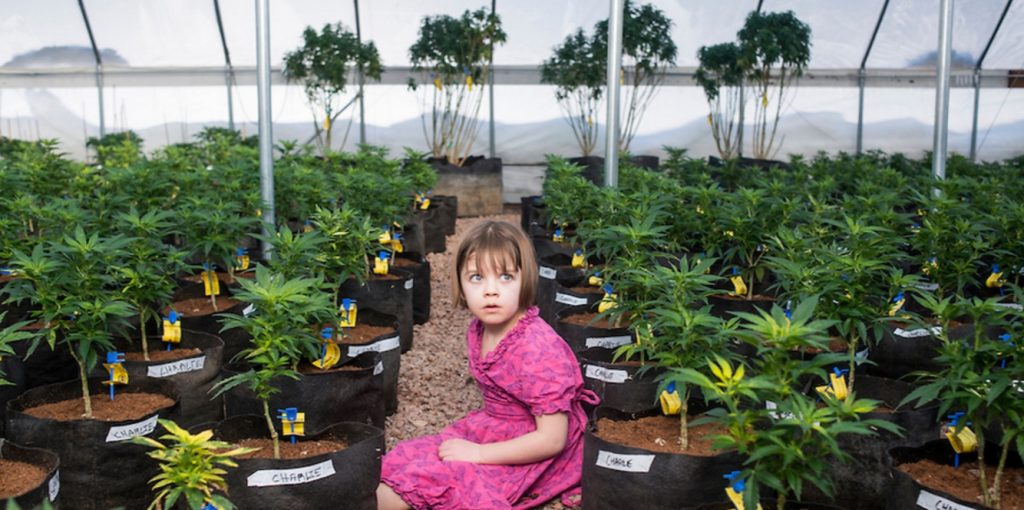
To this day, Charlotte’s Web or CW HEMP is one of the top selling hemp-based CBD brands, which is likely due to the heartwarming story that was reported and revealed the tremendously effective results CBD can have on children suffering from debilitating diseases.
At the age of 3, Charlotte had stopped eating, talking, walking and was given no other options by doctor’s except a wheelchair. Charlotte was finally diagnosed with an extremely rare form of epilepsy known as Dravet’s Syndrome.
Charlotte would have nearly 300 seizures a week. However, as a last resort, her family researched high CBD cannabis, found a safe and reliable product and were able to reduce the frequency of seizures to zero per week.
Needless to say, the family was shocked with joy. Therefore they did more research in order to find a product that they could obtain a supply of consistently to treat their daughter.
The Stanley Brothers of Colorado were some of the only cultivators in the entire state that focused on growing a high CBD strain. They became the exclusive supplier for Charlotte and also became so riveted by the results that they renamed their company CW HEMP. Obviously, CW is the abbreviation for “Charlotte’s Web.”
Modern Expansion of the Cannabis Industry
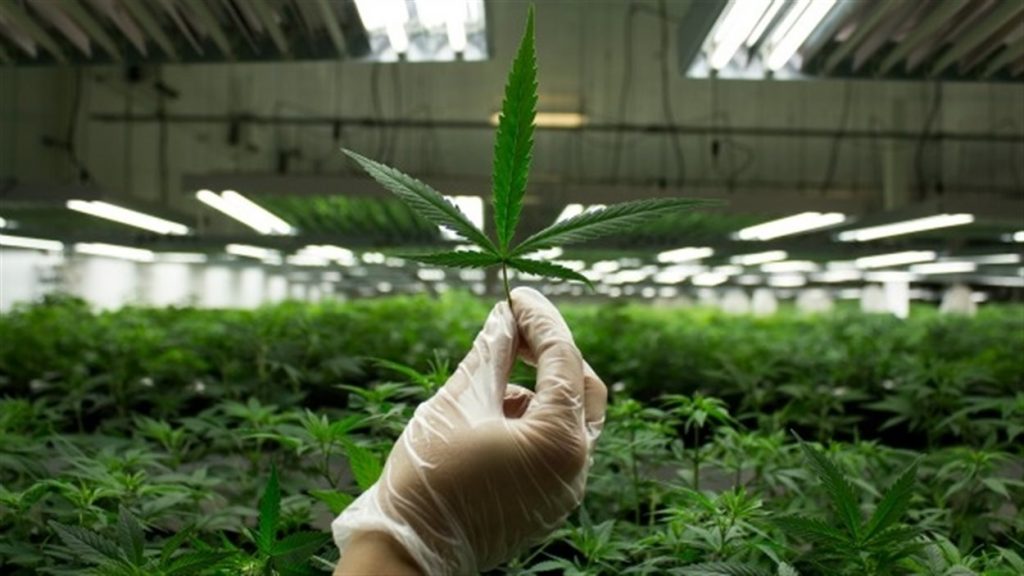
Mostly everyone is well-aware Colorado was the first state in the U.S. to legalize marijuana for recreational purposes beyond medical application. Additionally, Washington state voters approving a similar initiative of their own in that same national election.
Colorado however, was the very first to have a fully-operational legalized cannabis industry up and running before Washington was able to get all their industrial factors in order, from manufacturing, distributing, retail, and regulatory participants on the same page.
Soon after, on other ballots across America, Oregon state followed suit, even though they previously voted it down the first time around, coincidentally the same year Colorado and Washington voted the initiative to legalize recreational adult use.
Oregon was not alone, as Alaska and the national capital city of America, Washington D.C. had all seen the voice of the people vote in favor of legalization. It is likely to be another decade before we see a fully-functioning marijuana industry that is self-sustaining from within the bureaucracy-infested and ambiguous District of Columbia.
History in the Making
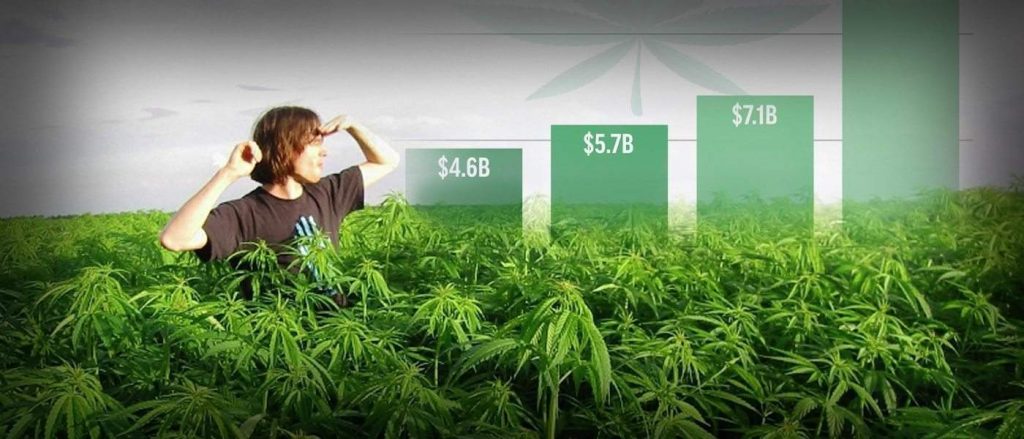
Regardless, less than five years after Colorado has launched their billion dollar cannabis industry, the United States of America has most recently seen the first state in the nation to approve legalization without the participation of registered voters.
Vermont’s State Legislature has voted amongst their political representatives to legalize recreational use of marijuana for adults. This brings the grand total of recreational legalization now reaching a number of states which must be counted on two hands.
More importantly are we going to see more and more state legislatures simply approve a tax plan passing regulations on a recreational cannabis industry?
Perhaps we should leave this type of thing up to the voters. It’s almost as if political officials wish to reveal their true intentions by legalizing recreational use by immediately determining a system built on a massive tax structure.
We have now entered the realm of double digit states for REC21+ & MMJ. To reiterate, we now have a total of 10 marijuana industries entirely legalized.
Not to mention, when adding all the other states that have passed legislation in favor of medical marijuana into this equation, there are now a grand total of 30 states in all that have legalized marijuana on some level.
In other words, marijuana is legal in more than half the nation.
Hemp Emerges from Exile in the U.S
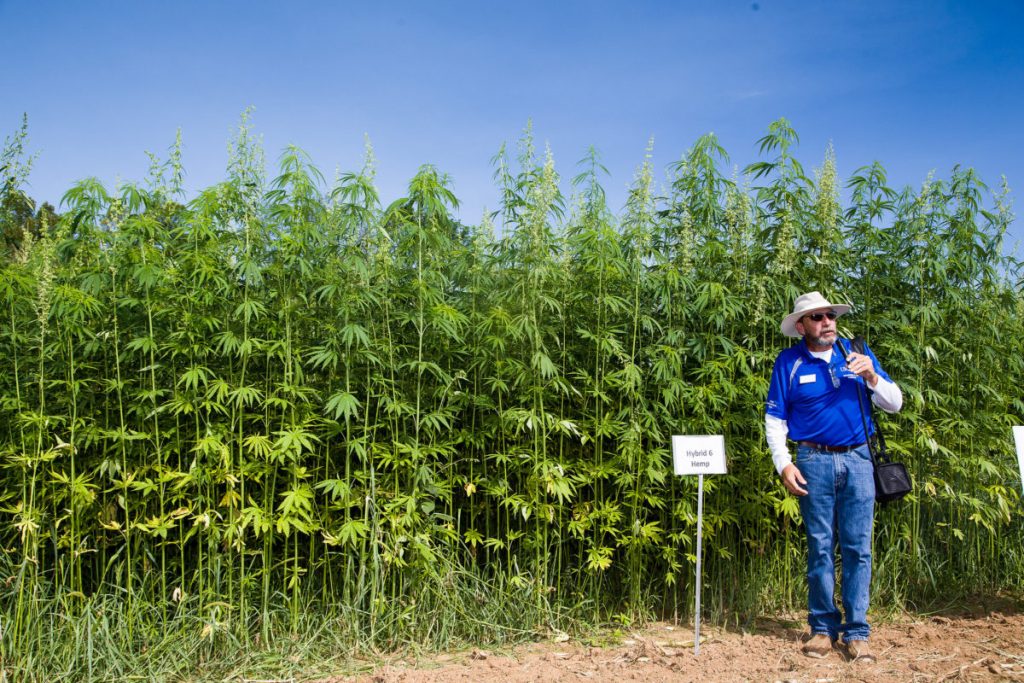
All things considered, the hemp plant was prohibited in the United States from cultivation since the late 1930s.
However, from the legislation known as the Farm Bill of 2014, it allowed for the cultivation of hemp to become legal again across the U.S.
At the same time, what this means is that the federal government decided they would allow the states to decide the specifics in regulating how their state handled cultivation as well as any hemp based products, specifically CBD.
Quick reminder, CBD can be extracted from both the cannabis plant or the hemp plant. However, it is only legal to extract it from cannabis for selling or using legally in states that have recreationally or medically legalized marijuana.
These products have become very popular, very quickly yet also have contributed to creating mass confusion.
Though, the hemp industry does not aim to confuse, it’s just that there is a lot of misinformation and mismanagement crippling the landscape.
Legalization is a Spreading Opportunity
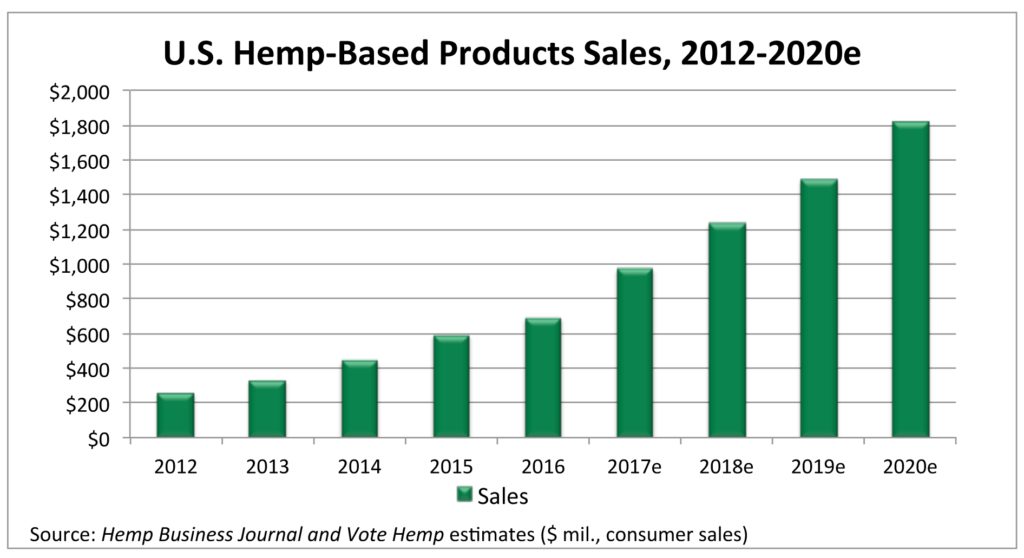
Why is this spreading so quickly to so many states? The simple and broad answer is “money.” However, a more encouraging and idealistic answer would be “opportunity.” Either way, both of these responses are indeed factual.
In the recent year of 2016, “Hemp Business Journal estimates the total retail value of all hemp products sold in the U.S. to be at least $688 million. The Business Journal clarifies, “we estimate the hemp industry will grow to $1.8 billion in sales by 2020, led by hemp food, body care, and CBD-based products.
The Founder and Publisher of Hemp Business Journal, Sean Murphy says, “The data demonstrates the hemp industry is growing quickly at 22% five year CAGR and being led by food and body care products, with hemp CBD products showing a 53% AGR.”
Nonetheless, these statistics are absolutely encouraging. In reference to the mass appeal of CBD products, the expansion is an opportunity that is inevitable.
However, the regulations surrounding the legality status of CBD-based products seems to confuse consumers and even the regulators.
Buying and selling on a wide scale is not uncommon, yet for a situation involving an industry defined by the exchange of a tiny molecular compound, one might assume such products would be a reflection of simplicity.
On the other hand, it might not need to be so complicated. Though, due to the fact that CBD is a derivative of both the cannabis and hemp plants, much of the detail is quite complicated and more and more still can be learned about this “molecular miracle.”
Federal Farm Bill, State Regulations and Wellness Healing
While the Farm Bill ended the prohibition of hemp cultivation, the legislation still has left many areas unexplained and vague interpretations developed leaves the final decision up to the states. While it is legal for businesses to ship product to all 50 states, there are still 18 states who have specific regulations about CBD possession, usage and commerce.
Currently, all states with specific regulations include with restrictions to a varying degree. Not one state is operating with the same exact guidelines as another. As if to make things a little more complicated than necessary, allowing a cloud of vagueness to linger.
Regardless, whatever the case, varying degrees of regulatory obligations could very well be also seen as a competitive advantage.
The CBD industry is being routinely energized by eager entrepreneurs and curious consumers. CBD has had a positive impact on society, becoming a major therapeutic tool for so many, treating various physical ailments.
CBD is saving the lives of ill children, providing overall improved wellness and quality of life. What else is it that must be proven to convince the majority of people just how much this compound is changing lives?
The influence of CBD is so profound that it’s specific beneficial properties are responsible for generating more and more funding for research studies on this cannabinoid known scientifically as “Cannabidiol.”













Great article very informative. I wish I could read more of things like this.
Thanks James for your kind words, we strive to provide the best CBD related content on the web!